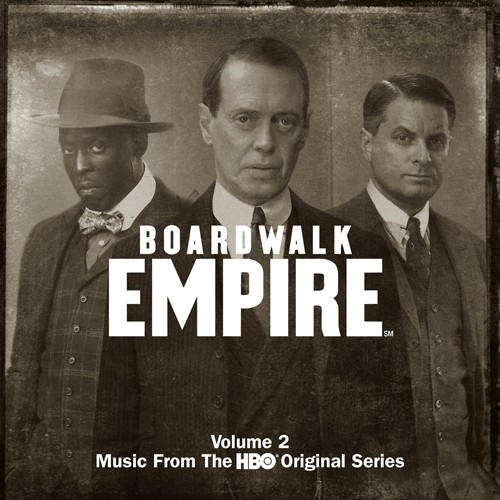Elvis Costello | Hey Clockface | (Concord)
Three out of Five Stars
Videos by American Songwriter
Elvis Costello has always been something of a musical chameleon, beginning with the post-punk insurgence that typified his efforts for the budding Stiff Records label, followed by his sudden shift in midstream to country, classical and then, shockingly enough, his decision to attempt ballads of the bedroom variety in the company of a most unlikely collaborator, Burt Bacharach. He’s continued to pursue that tack throughout most of his career, seemingly intent on keeping his listeners guessing at practically every turn.
Costello’s new album arrived with little fanfare, but it seems to suggest that he’s intent on pursuing his muse to even more deliberate extremes, doing so in a manner that’s more incongruent than ever before. He switches guises frequently and apparently at ease, hewing mainly towards the nocturnal nuance of cool, caressing balladry (“They’re Not Laughing At Me Now,” “The Last Confession of Vivian Whip,” “I Do (Zula’s Song),” “What Is It That I Need That I Don’t Already Have?” and “Byline,” the latter being the loveliest song in the set), along with occasional hints of classic swing and lounge-type jazz (the title track typifying the former, “I Can’t Say Her Name” characterizing the latter.). Costello’s cool, caressing croon serves him well, given it’s as much a trademark of his seminal style as his arched intentions were early on.
Yet even within these broader parameters, Elvis shows a willingness to toss in some unexpected twists. The ominous opener “Revolution #49, with its dire, dramatic spoken narrative, sounds like an attempt to penetrate the Moody Blues’ cosmic conscientiousness. His attempt at hip-hop on “Betty O’Hara Confidential” and cantankerous heavy metal mayhem trumpeted on “No Flag” (“I’ve got no religion, I’ve got no philosophy, “I’ve got a head full of ideas and words that don’t seem to belong to me.”) each seem out of sync, adding further to the odd mishmash that characterizes the album overall.
How Hey Clockface will be judged alongside Costello’s seminal classics — My Aim Is True, Armed Forces, This Year’s Model et. al. — remains to be seen. After all, some would argue that his last essential album was All This Youthful Beauty, released some two dozen years before. It might also be argued that Hey Clockface is Costello’s attempt to redefine himself as a more mature performer, one cognizant of the fact that he has an aging audience seeking subtlety and sentiment. Indeed, as the title suggests, time is ticking away, ensuring relevance becomes more a priority than rambunctiousness.













Leave a Reply
Only members can comment. Become a member. Already a member? Log in.